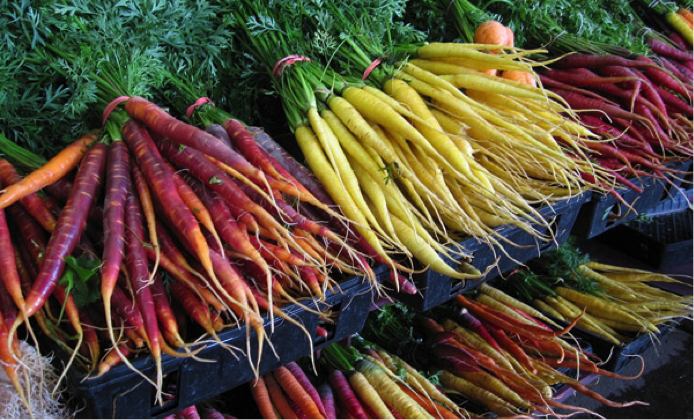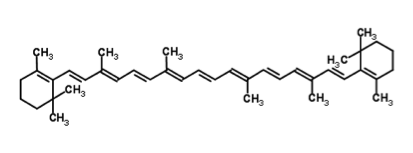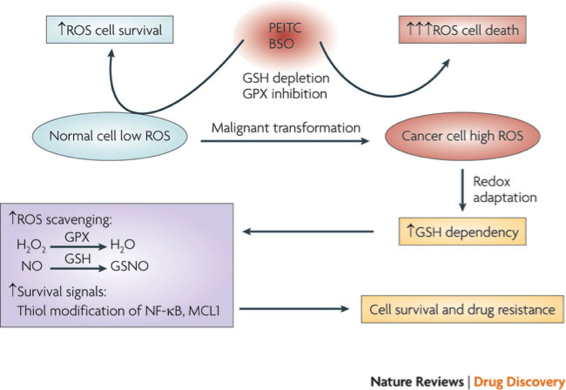Showing report for carrot
Carotene-Rich Carrots
 |
(Image: http://www.stickypicz.com/colored-carrots/) |
Introducing the ever-popular carrot. Eaten and adored the world over, the carrot is a staple of many cuisines and diets worldwide. This universal acclaim didn't just happen via good luck, however. The carrot is both nourishing and nutritious. From carotenoids that can be taken as a means of preventing cancer (called chemoprevention) that actually kill human cancer cells [1], to antioxidants scientifically proven to reduce the chances of cardiovascular disease and lipid peroxidation [2], to anti-cataract and anti-glaucoma carotenoid pigments [3], to their delicious taste, these roots should be "rooted" in your healthy diet!
Carrots Everyday Keep the Cardiologist Away!
Antioxidants keep your heart healthy. A prototypical antioxidant found in carrots, called beta-carotene, is a vividly colored pigment terpenoid molecule derived from isoprene chemical constituents [4].
 |
The antioxidant properties of beta-carotene and other antioxidant compounds found in carrots aid in the prevention of cardiovascular disease (CVD) and coronary heart disease (CHD) by inhibiting the oxidative processes of low-density lipoproteins; thus preventing the formation of plaques in the cardiovascular system. It is important to add that simply consuming beta-carotene, by taking a supplement, for example, will not maximize the preventative effects of consuming carrots and other vegetables. Carrots contain a unique mélange of nutritional entities, from other vitamins and antioxidants, to fibers and pigments, that all work together (or synergistically) to keep your heart healthy [5]!
Stay Cancer Free with Carrots
 |
Taken from "Targeting cancer cells by ROS-mediated mechanisms: a radical therapeutic approach?" Dunyaporn Trachootham, Jerome Alexandre & Peng Huang. Nature Reviews Drug Discovery 8, 579-591 (July 2009). |
Cancer is a major cause of disease the world over. For example, in 2014 alone, 1,665,540 incidences of cancer were predicted to occur, along with 585,720 deaths predicted just in the United States [6]. In Canada, cancer has been the number one cause of death since 2007. Even more alarming, over one-third of cancer deaths were from modifiable, or preventable risk factors. These risk factors include smoking, physical inactivity, alcohol consumption, sexually transmitted diseases, obesity, and a diet low in fruits and vegetables like carrots! [7] Once again, antioxidants to the rescue! It is a regrettable fact that we generate reactive oxygen species (ROS) in our bodies throughout our lifetime. These menacing molecules are the product of the normal metabolism of oxygen. Over time, the production of ROS can result in a number of problems. These range from carcinogenesis (mutation of your genetic material, DNA), to cell proliferation (thus hampering the body's ability to prevent uncontrolled cell growth, a precursor to cancer), to aging, among other serious issues. Many of the detrimental effects of reactive oxygen species probably haven't been discovered yet! Cancer cells exhibit greater ROS stress than conventional cells, which then activate a plethora of transcription factors (proteins that bind to specific sections of DNA that then modify the rate of gene transcription), many of which regulate inflammation, tumor cell proliferation and invasion, among other pro-cancer activities! These activities are a component of a cell's transformation from a normally functioning status to malignant. [8]
So where do carrots come into play? The antioxidants contained in carrots, such as carotenoids, hydroxycinnamic acids, and anthocyanindins, block, or scavenge reactive oxygen species, thus preventing them from initiating the dangerous chemical cascade we covered in the above page. Indeed, if everybody ate more carrots (and other fruits and vegetables), a large number of cancer cases would be prevented. It is a simple, affordable, and tasty solution to a massive public health problem [9].
Consider Steaming your Carrots for an Extra Tasty Experience!
 |
pepper, lemon, and olive oil. (Image: http://www.popsugar.com/food/ Steamed-Carrots-Olive-Oil-Lemon-22493290) |
References
- Bolhassani A: Cancer chemoprevention by natural carotenoids as an efficient strategy. Anticancer Agents Med Chem. 2015 Mar 2.
- Potter AS, Foroudi S, Stamatikos A, Patil BS, Deyhim F: Drinking carrot juice increases total antioxidant status and decreases lipid peroxidation in adults. Nutr J. 2011 Sep 24;10:96.
- Abdel-Aal el-SM, Akhtar H, Zaheer K, Ali R: Dietary sources of lutein and zeaxanthin carotenoids and their role in eye health. Nutrients. 2013 Apr 9;5(4):1169-85.
- Susan D. Van Arnum (1998). "Vitamin A in Kirk-Othmer Encyclopedia of Chemical Technology" (45). New York: John Wiley. pp. 99-107.
- Tavani A, La Vecchia C: Beta-carotene and risk of coronary heart disease. A review of observational and intervention studies. Biomed Pharmacother. 1999 Oct;53(9):409-16.
- "Cancer Facts and Figures 2012". Journalist's Resource.org.
- Danaei G, Vander Hoorn S, Lopez AD, Murray CJ, Ezzati M (2005). "Causes of cancer in the world: comparative risk assessment of nine behavioural and environmental risk factors". Lancet 366 (9499): 1784-93.
- Gupta SC, Hevia D, Patchva S, Park B, Koh W, Aggarwal BB (June 2012). "Upsides and downsides of reactive oxygen species for cancer: the roles of reactive oxygen species in tumorigenesis, prevention, and therapy". Antioxid. Redox Signal. 16 (11): 1295-322.
- National Cancer Institute http://www.cancer.gov/cancertopics/causes-prevention/risk-factors/diet/antioxidants-fact-sheet
- Abdel-Aal el-SM, Akhtar H, Zaheer K, Ali R: Dietary sources of lutein and zeaxanthin carotenoids and their role in eye health. Nutrients. 2013 Apr 9;5(4):1169-85.